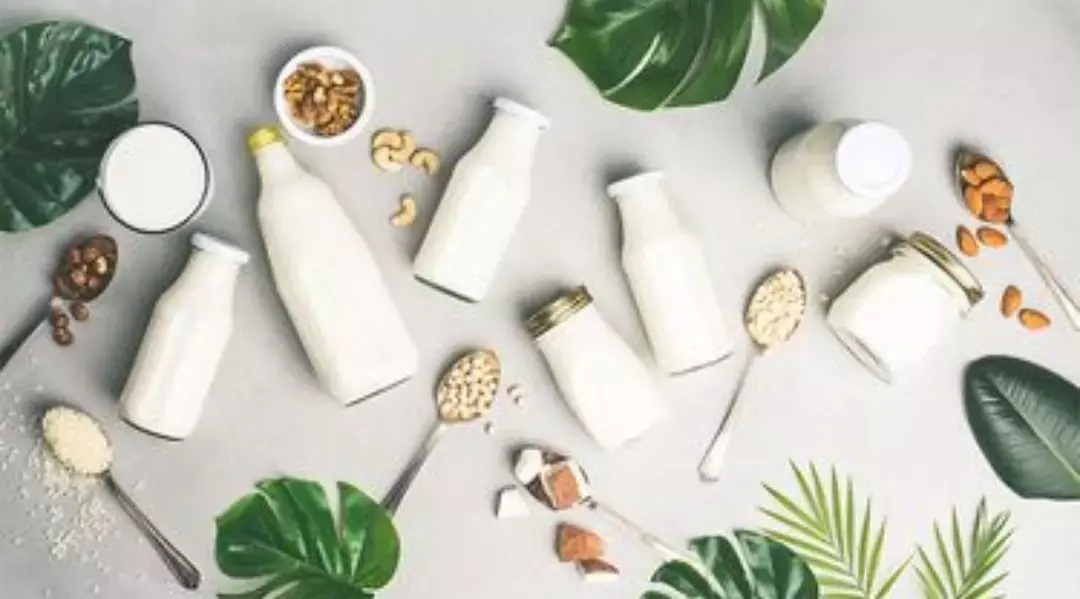- Home
- Medical news & Guidelines
- Anesthesiology
- Cardiology and CTVS
- Critical Care
- Dentistry
- Dermatology
- Diabetes and Endocrinology
- ENT
- Gastroenterology
- Medicine
- Nephrology
- Neurology
- Obstretics-Gynaecology
- Oncology
- Ophthalmology
- Orthopaedics
- Pediatrics-Neonatology
- Psychiatry
- Pulmonology
- Radiology
- Surgery
- Urology
- Laboratory Medicine
- Diet
- Nursing
- Paramedical
- Physiotherapy
- Health news
- Fact Check
- Bone Health Fact Check
- Brain Health Fact Check
- Cancer Related Fact Check
- Child Care Fact Check
- Dental and oral health fact check
- Diabetes and metabolic health fact check
- Diet and Nutrition Fact Check
- Eye and ENT Care Fact Check
- Fitness fact check
- Gut health fact check
- Heart health fact check
- Kidney health fact check
- Medical education fact check
- Men's health fact check
- Respiratory fact check
- Skin and hair care fact check
- Vaccine and Immunization fact check
- Women's health fact check
- AYUSH
- State News
- Andaman and Nicobar Islands
- Andhra Pradesh
- Arunachal Pradesh
- Assam
- Bihar
- Chandigarh
- Chattisgarh
- Dadra and Nagar Haveli
- Daman and Diu
- Delhi
- Goa
- Gujarat
- Haryana
- Himachal Pradesh
- Jammu & Kashmir
- Jharkhand
- Karnataka
- Kerala
- Ladakh
- Lakshadweep
- Madhya Pradesh
- Maharashtra
- Manipur
- Meghalaya
- Mizoram
- Nagaland
- Odisha
- Puducherry
- Punjab
- Rajasthan
- Sikkim
- Tamil Nadu
- Telangana
- Tripura
- Uttar Pradesh
- Uttrakhand
- West Bengal
- Medical Education
- Industry
Plant-Based Milk Might Benefit Patients with CKD, Finds Study

Patients with kidney stones are counselled to eat a diet low in animal protein, sodium, and oxalate and rich in fruits and vegetables, with a modest amount of calcium, usually from dairy products. A recent study suggests that plant-based milk poses a favourable favourable dairy substitute for patients with chronic kidney disease. The study findings were published in the Journal of Renal Nutrition on May 24, 2021.
Recently, plant-based diets have gained popularity owing to health, environmental, and animal welfare considerations. As consumption of plant-based dairy substitutes increases, it is important for healthcare providers and patients with renal conditions to be aware of their nutritional composition. Therefore, Dr James F. Borin and his team conducted a study to compare concentrations of ingredients important for kidney stones and chronic kidney disease in popular brands of milk alternatives.
The researchers used nutrition labels of plant-based milk to assess the sodium, calcium, and potassium contents to compare it with dairy milk. They measure the oxalate content by ion chromatography coupled with mass spectrometry.
Key findings of the study were:
- Upon evaluation, the researchers noted that macadamia followed by soy, almond, rice, and dairy milk had high calcium content whereas, cashew, hazelnut, and coconut milk had low calcium content.
- They noted that almond milk has the highest oxalate concentration, followed by cashew, hazelnut, and soy.
- They found that coconut and flax milk has undetectable oxalate levels and, further, coconut milk also has comparatively low sodium, calcium, and potassium, while flax milk has the most sodium.
- They also found that oat milk has the most similar parameters to dairy milk (moderate calcium, potassium and sodium with low oxalate).
- They observed similar parameters of dairy milk in rice, macadamia, and soy milk.
The authors concluded, "Oat, macadamia, rice, and soy milk compare favourably in terms of kidney stone risk factors with dairy milk, whereas almond and cashew milk have more potential stone risk factors."
They further added, "Coconut milk may be a favourable dairy substitute for patients with chronic kidney disease based on low potassium, sodium, and oxalate. Further study is warranted to determine the effect of plant-based milk alternatives on urine chemistry."
For further information:
https://www.jrnjournal.org/article/S1051-2276(21)00093-5/fulltext
Dr Kartikeya Kohli is an Internal Medicine Consultant at Sitaram Bhartia Hospital in Delhi with super speciality training in Nephrology. He has worked with various eminent hospitals like Indraprastha Apollo Hospital, Sir Gangaram Hospital. He holds an MBBS from Kasturba Medical College Manipal, DNB Internal Medicine, Post Graduate Diploma in Clinical Research and Business Development, Fellow DNB Nephrology, MRCP and ECFMG Certification. He has been closely associated with India Medical Association South Delhi Branch and Delhi Medical Association and has been organising continuing medical education programs on their behalf from time to time. Further he has been contributing medical articles for their newsletters as well. He is also associated with electronic media and TV for conduction and presentation of health programs. He has been associated with Medical Dialogues for last 3 years and contributing articles on regular basis.
Dr Kamal Kant Kohli-MBBS, DTCD- a chest specialist with more than 30 years of practice and a flair for writing clinical articles, Dr Kamal Kant Kohli joined Medical Dialogues as a Chief Editor of Medical News. Besides writing articles, as an editor, he proofreads and verifies all the medical content published on Medical Dialogues including those coming from journals, studies,medical conferences,guidelines etc. Email: drkohli@medicaldialogues.in. Contact no. 011-43720751


